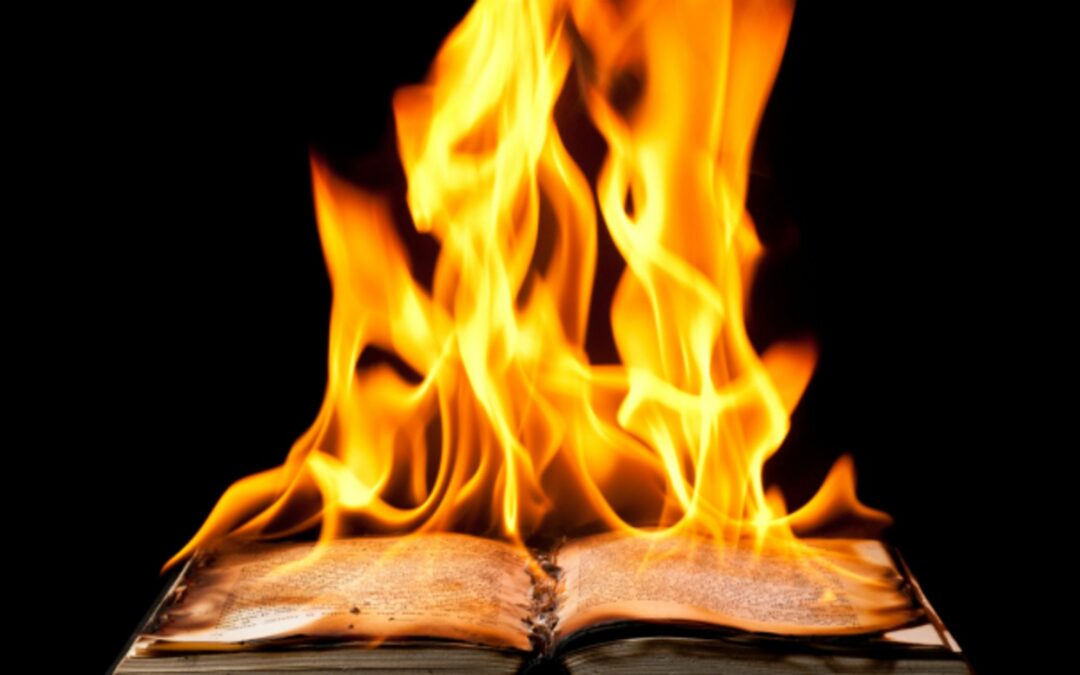Definition of learning: Acquiring through study, through practice, through experience, knowledge, know-how, something useful
Definition of unlearning: To forget what one had learned through study or experience; lose the habit of something
Learning and unlearning are two sides of the same coin, they are as important as each other. They are skills, because you have to know how to learn as well as unlearn. It is said that we spend the first part of our lives learning, and the second part unlearning what we have learned.
Learning is accumulating knowledge and experience, ideally moving from the status of apprentice to that of expert. Becoming an expert means specializing. To become a specialist is to lock oneself in a prison of fragmented and crystallized knowledge, in an approach cut off from the totality of reality. Learning is building our mental prison, leading to certainties and the inability to perceive reality in all dimensions.
Unlearning does not necessarily mean forgetting, but rather surpassing one’s knowledge and acquired experience to go further. It means making a clean slate of the past to allow us to welcome the New. A child is like an empty cup: constantly amazed, learning by absorbing like a sponge, taking a fresh look at all of creation.
Matthew 19:14: “Let the little children come to me; do not hinder them. For the kingdom of God belongs to such as these. »
To be like a child is to know how to unlearn to find a blank look and be able to live each day like your first. Becoming wise and mature means knowing how to learn to develop a mature outlook: transforming information into knowledge then into wisdom.
A collapse, a fire, a burglary become initiatory events which can cause knowledge and learning content to disappear. It is the effects of a force of truth forcing us to position ourselves in a posture of unlearning, of transcending the old in order to open up to the New.
Learning to learn and learning to unlearn are spiritual skills.

